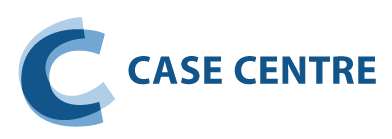


- Not connected
- |
- Login

The Kampala Alternative: Optimizing the Humanitarian Supply Chain in East Africa

- IJCSM Best Case Award
- English
- Humanitarian logistics,
- Relief supply pre-positioning,
- Mathematical modelling,
- Risk analysis,
- Optimization
Pierre Honnorat, chief manager of the United Nations Response Depot (UNHRD), was faced with a daunting challenge. He and his team had to develop a strategy that would improve the efficacy and reduce the cost of offering logistics services. UNHRD’s storage infrastructure enabled its partners to store relief supplies and equipment in strategic locations to ensure a rapid response during crises. In the humanitarian sector, this storage strategy – stockpiling in anticipation of sudden need – is known as pre-positioning. Since UNHRD offered some logistics services such as free storage, it relied on funding to cover some of its operational costs. But over the past decade, humanitarian needs had skyrocketed, while available resources had not. Honnorat and his team had decided to address this problem by analyzing two options for optimizing UNHRD’s supply chain: 1) cut costs by changing the service offer while retaining the existing network, and 2) add a regional storage level to the existing network in Kampala to serve East Africa.
- Transportation and warehousing
- Understand humanitarian logistics; Understand the differences between third-party logistics providers (3PL) operating in the commercial sector and those of 3PL providers operating in the humanitarian sector
- Understand how to carry out a cost-benefit analysis to assess two supply chain structures
- Be able to determine whether the proposed network (option 2) would reduce UNHRD’s logistics costs by more than 10% without creating considerable downside risks compared to those related to modifying the service offer (option 1)
- Be able to formulate evidence-based recommendations.


